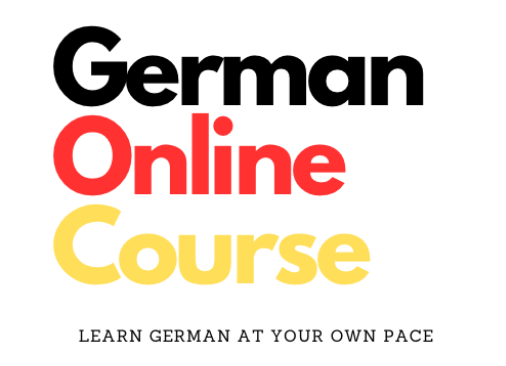Zum Inhalt springen
1. Time Expressions:
- Explanation: A2 introduces more time-related expressions such as days, months, and seasons.
- Formation: Learn words like „Montag,“ „Januar,“ „Frühling.“
- Application: Use these expressions when talking about schedules, plans, or durations.
- Examples:
- Ich arbeite am Montag. (I work on Monday.)
- Wir treffen uns im Januar. (We meet in January.)
- Es ist Frühling. (It is spring.)
- Sie kommt am Wochenende. (She is coming on the weekend.)
- Mein Geburtstag ist im August. (My birthday is in August.)
2. Adjectives:
- Explanation: A2 covers basic adjectives and their comparison forms (comparative and superlative).
- Formation: Learn how to use adjectives like „groß,“ „klein,“ „gut.“
- Application: Describe people, places, and things more specifically.
- Examples:
- Das ist ein großer Baum. (That is a big tree.)
- Sie hat einen kleinen Hund. (She has a small dog.)
- Das Essen ist gut. (The food is good.)
- Der Berg ist höher. (The mountain is higher.)
- Das ist der beste Film. (That is the best movie.)
3. Subordinate Clauses:
- Explanation: Introduction to more complex sentences with subordinate clauses.
- Formation: Understand the use of conjunctions like „weil,“ „wenn,“ „dass.“
- Application: Express reasons, conditions, or additional information in longer sentences.
- Examples:
- Ich esse nicht viel, weil ich keinen Hunger habe. (I don’t eat much because I am not hungry.)
- Wenn es regnet, bleibe ich zu Hause.** (When it rains, I stay at home.)
- Er sagt, dass er später kommt. (He says that he will come later.)
- Ich lese, wenn ich Zeit habe. (I read when I have time.)
- Sie weiß, dass es wichtig ist. (She knows that it is important.)
4. Modal Verbs:
- Explanation: Introduction to modal verbs such as „können,“ „müssen,“ „wollen.“
- Formation: Understand how to use these verbs to express ability, necessity, or desire.
- Application: Use modal verbs to add nuances to actions or situations.
- Examples:
- Ich kann schwimmen. (I can swim.)
- Du musst Deutsch lernen. (You must learn German.)
- Wir wollen ins Kino gehen. (We want to go to the cinema.)
- Sie können gut kochen. (She can cook well.)
- Ich möchte einen Kaffee, bitte. (I would like a coffee, please.)
5. Past Tense (Perfekt):
- Explanation: Introduction to the past tense using „Perfekt“ with „haben“ or „sein.“
- Formation: Learn how to form past participles and use them in sentences.
- Application: Talk about past events, experiences, or actions.
- Examples:
- Ich habe gestern Deutsch gelernt. (I learned German yesterday.)
- Sie ist letztes Jahr gereist. (She traveled last year.)
- Wir haben einen Film gesehen. (We watched a movie.)
- Du bist gestern spazieren gegangen. (You went for a walk yesterday.)
- Er hat viel gearbeitet. (He worked a lot.)
Das könnte dir auch gefallen
